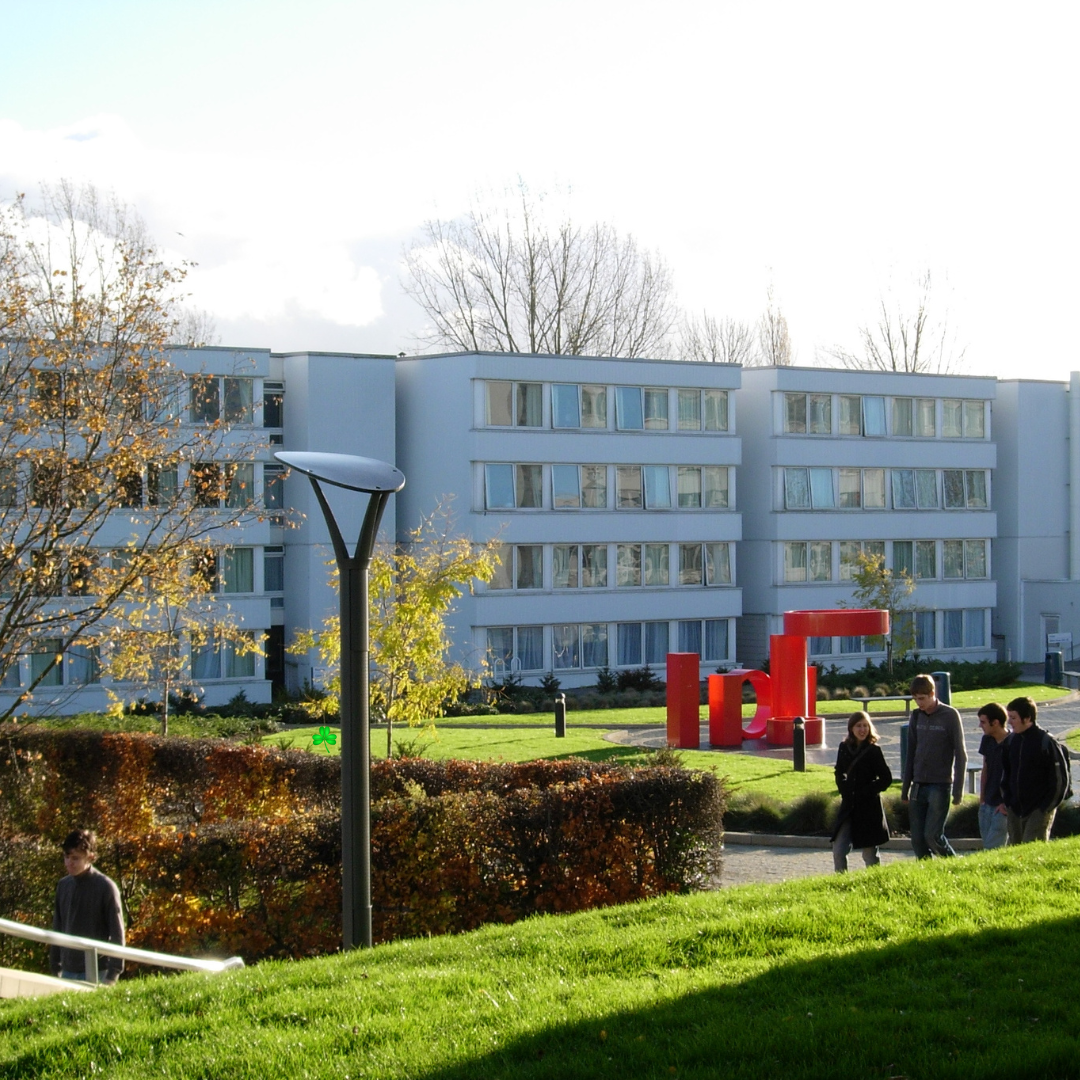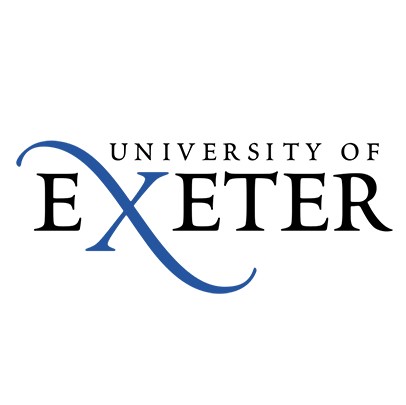Core modules
You can choose your own route through the degree supported by core modules in Venice that establish the essential framework of the course There is an increasing amount of choice from the first onwards and you choose the subject of your dissertation under expert guidance
In the first you will take four core modules and one short module in History of Art During the second you are required to take two core modules plus one module in the Italian department and one long-view module in History of Art
In the final you will take two core modules in Venice plus one special subject in History of Art and one module in the Italian department
Year One
Introduction to Art History Classicism and the Arts of Christianity
You will have the opportunity to carry out a historical survey of Western Art concentrating on Late Antique Medieval and Renaissance art You will learn skills and techniques that will allow you to describe accurately what you see in terms of how an object is made as well as its form and iconography These core skills will form your foundation for later modules
Read more about the Introduction to Art History Classicism and the Arts of Christianity moduleLink opens in a new window including the methods of teaching and assessment (content applies to 2022 23 of study)
Introduction to Art History The Natural World and the Arts of Modernity
You will study a thematic approach to the history of Global Art stimulating comparisons across time and space and exploring a wide spectrum of images and ideas including those related to architecture and the applied arts You will acquire introductory analytical and communication skills required for a good understanding of the field including areas which will be useful for the study of later modules
Read more about the Introduction to Art History The Natural World and the Arts of Modernity moduleLink opens in a new window including the methods of teaching and assessment (content applies to 2022 23 of study)
History of Art and Interpretation
In this module you will enhance your awareness of the relationship between art and its historical and physical contexts and of approaches to the work of art which can help you understand them You will consider works of art in context at Waddesdon Manor and at other collections You will learn the techniques and practices of interpretation which will be useful for later modules
Read more about the History of Art and Interpretation moduleLink opens in a new window including the methods of teaching and assessment (content applies to 2022 23 of study)
Modern Italian Language for Beginners
Would you like the challenge of learning a new language at university? This foundation module for absolute beginners combines the acquisition of core language skills with knowledge of broader aspects of Italian culture equipping you with the tools to engage with a wide range of relevant contemporary topics in Italian Opportunities to practise your Italian vary from role play to quizzes working both individually and in your group Successful completion will mean you are able to hold a conversation in Italian read newspapers and get the gist of TV and radio programmes in Italian
Read more about the Modern Italian Language for Beginners moduleLink opens in a new window including the methods of teaching and assessment (content applies to 2021 22 of study)
or
Modern Italian Language 1 (Intermediate)
Do you need to consolidate and expand your competence in Italian while enjoying talking about culture and society? If so this is the module for you You’ll be given opportunities to revise fundamental grammar and vocabulary before acquiring more complex grammatical constructions including through translation We will integrate cultural topics with your linguistic studies so you have the chance to explore areas such as tourism the arts the environment and Italian traditions You will have opportunities for individual and group presentations and to engage in activities that integrate the skills of listening reading writing and speaking By the end of your course you’ll be expected to be able to write competently in several registers using appropriate styles and terminology and to converse in Italian to a good standard
Read more about the Modern Italian Language 1 (Intermediate) moduleLink opens in a new window including the methods of teaching and assessment (content applies to 2021 22 of study)
or
Modern Italian Language 1 (Advanced)
Would you like to use your Italian A level (or equivalent) language skills creatively? This module will develop your linguistic and intercultural competence in Italian by means of advanced activities including creative writing translation debates presentations and drama You will explore linguistic structures using resources in a variety of media and engage with authentic and sophisticated texts to compare cultural systems and express your opinion critically and creatively In translation you will experiment with different genres registers and styles to enhance your cultural appreciation of Italian Finally you will have opportunities to explore cultural subjects and lead group discussions
Read more about the Modern Italian Language 1 (Advanced) moduleLink opens in a new window including the methods of teaching and assessment (content applies to 2021 22 of study)
Year Two
Practices of Art History
You will examine a range of theoretical approaches from the discipline’s beginning in the early 19th century to contemporary debates By exploring questions of theory and method you will develop the skills of critical reading and the evaluation of evidence You will be encouraged to reflect on your own theoretical allegiances and to consider how these will shape your dissertation
Read more about the Practices of Art History moduleLink opens in a new window including the methods of teaching and assessment (content applies to 2022 23 of study)
Modern Italian Language 2
This module will extend and refine your competence in Italian With an emphasis on the key skills of reading listening speaking and writing you will consolidate your proficiency in both new and familiar grammatical and linguistic structures and expand the range and sophistication of your vocabulary and use of register in spoken and written discourse In addition to classroom exercises advanced discursive written work and oral projects you will also be directed to appropriate activities for self-study
Read more about the Modern Italian Language 2 moduleLink opens in a new window including the methods of teaching and assessment (content applies to 2021 22 of study)
or
Modern Italian Language 3
On this module you will develop your translation writing and oral communication skills to advanced level You will engage in translation as a practical skill working to produce translations of literary journalistic and academic texts with a focus on conveying nuances of meaning and culturally specific terms You will develop greater fluency in different writing styles and genres Oral sessions will increase your familiarity with more sophisticated registers of spoken Italian and raise your awareness of recent developments in Italian society so that you can discuss aspects of contemporary Italy in relation to your personal experiences
Read more about the Modern Italian Language 3 moduleLink opens in a new window including the methods of teaching and assessment (content applies to 2021 22 of study)
Year Three
Exhibiting the Contemporary (taught in Venice)
You will consider the importance of exhibitions for the interpretation of contemporary art and architecture Based in Venice you will study current exhibitions both within and outside the frame of the Biennale in conjunction with texts on contemporary exhibition-making curating and museum and exhibition history
Read more about the Exhibiting the Contemporary (taught in Venice) moduleLink opens in a new window including the methods of teaching and assessment (content applies to 2022 23 of study)
or
Modern Architecture and the Historic City (taught in Venice)
We explore the relationship between modern architecture and the historic city examining how architects and planners have engaged with the legacy of Venice since the 19th century
Topics studied have included Ruskin’s Venice and the Emergence of Conservation in the 19th century; International Modernism’s Response to Venice in the 20th century; Post-modernism and New Technologies of Contemporary Architectural Practice; Saving Venice to Date; Sustainability and the Historic City
Read more about the Modern Architecture and the Historic City module including the methods of teaching and assessment (content applies to 2022 23 of study)
Venice Rise and Myth (taught in Venice)
You will examine the art and architecture of Venice in the light of its unique physical political and cultural location You will study key examples of architecture painting and sculpture in the light of their commissioning manufacture consumption and subsequent critical fortune
Read more about the Venice Rise and Myth (taught in Venice) moduleLink opens in a new window including the methods of teaching and assessment (content applies to 2022 23 of study)
Dissertation
Read more about this moduleLink opens in a new window including the methods of teaching and assessment (content applies to 2022 23 of study)
Cultural or Translation module(s) from Italian Studies or the wider School of Modern Languages and Cultures
Modules may include Italian Cinema Envisioning the Nation; Modern Italian Culture and Dialogue with Europe; Destination Italy The Ethics of Travel and Travel Writing; Introducing Dante’s Purgatorio and Paradiso; Topics in Renaissance Thought and Culture; Short Stories and Storytelling (17th-21st centuries)
Optional modules
Optional modules can vary from to Example optional modules may include
Year One
Architecture
Prints
Sacred Art
Sculpture
Fakes and Forgeries
Painting Techniques
Landscape
Year Two
Art since the 60s
African Art Histories
A Fine Tomorrow British Art and Culture in the 1950s
Practical Art
Art of the Baroque
The Renaissance North and South
Art and Disruption 1900 to Present Day
The Spaces of 17th-century Dutch Painting
Architectural Utopias
Year Three
Deconstructing Medieval and Early Modern Buildings
Colour and its Meaning
The Thirties Art and Society in inter-war Britain
Reality after Film
Visual Art and Poetry
Latin-American Modernism 20th-century Objects 21st-century Exhibitions
East Meets West Visual Arts in Colonial and Post-Colonial India
Leonardo Art and Science
Show less













